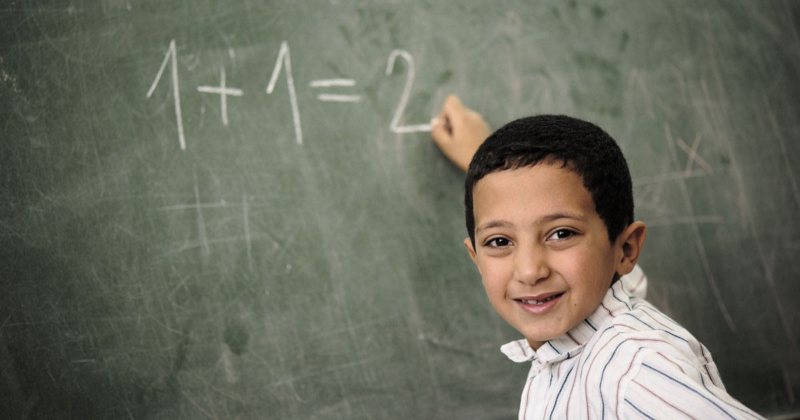
According to Rasmussen University, Dr. Maria Montessori developed the Montessori Method in the early 1900s. She was an Italian educator, scientist, and physician. She created a child-centered approach to learning with the belief that children teach themselves. This new educational philosophy presented a pleasant alternative to traditional teaching methods. Let’s dive into the history of this method and how it has grown.
Montessori Education
Montessori education started in Rome when Dr. Maria opened Casa Dei Bambini (Children’s House) in 1907. She successfully turned unruly kids into more calm, concentrated, and self-disciplined individuals. This success attracted interest from across the world, and within a few years, some of the best Montessori schools were on five continents.
The Montessori Method
The Montessori Method followed a process where the teachers placed pre-curated materials before children. Through careful observation and assessment, the children can explore and discuss the materials at their own pace. Dr. Maria’s work was initially focused on young children. However, she realized that adolescents were also at a developmental stage that required engaging activities to help them find their position and identity in the world.
Dr. Montessori proposed residential schooling, encouraging working and living in a trusted community. Here, the teens would engage in natural world activities such as farming and marketing hand-made products.
School Openings
One of the first Montessori schools came to Canada in 1912. She called it Beinn Bhreagh, located in Baddeck, Nova Scotia, which was Abraham Bell’s home. Then, in 1919, Margaret Potts opened The Calgary Montessori School.
10 years later, Dr. Montessori and her son Mario founded the Association Montessori International (AMI). The AMI aims to support the best Montessori schools, provide teacher education programs and national organizations globally, and ensure the continuation of this unique approach to education.
Today, thousands of Montessori schools are available worldwide, helping children excel in life from infancy to adolescence. They offer bilingual classrooms and programs to support children with learning exceptionalities, like language-processing disorders or dyslexia.
Values
The best Montessori schools will instill values of intergenerational relationships by creating programs in which students and senior citizens can have meaningful interactions. Other programs focus on cross-cultural relationships and making global connections. These kinds encourage community-based learning and foster a greater understanding of different cultures worldwide.
Dr. Maria’s legacy is growing strong and is here to stay. The grace and courtesy instilled in learners make the world a better place by appreciating various individual capacities. Contact Rowntree Montessori Schools today to learn more about how your child can prosper in one of the best Montessori schools.
